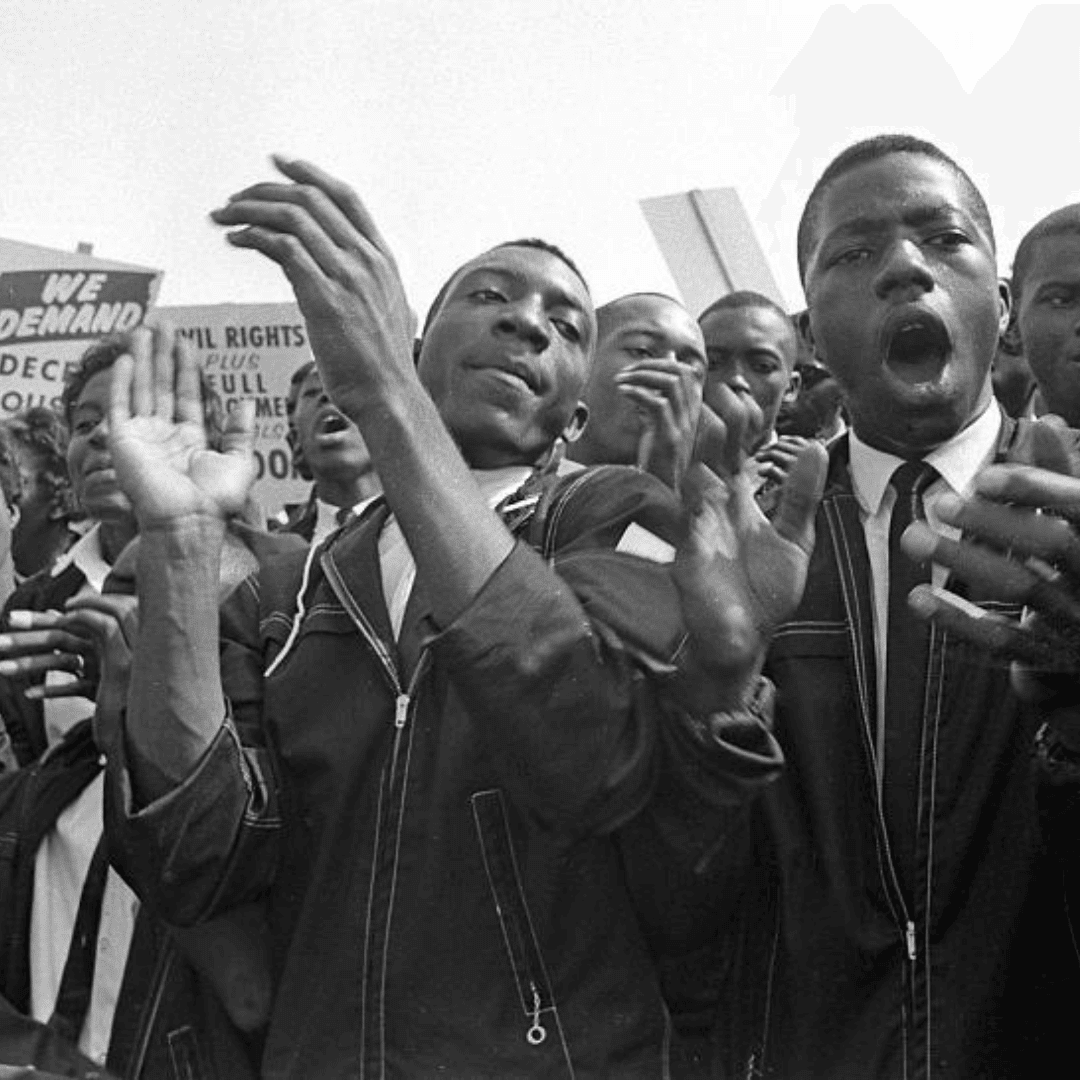We honor both days of celebration because one is about the freedom of the country and one is about the freedom of people who were still not free in our country. And a really good question is why did we still have slavery 89 years after we freed our selves from England’s rule? Are the slaves’ descendants really free today, or is there lingering resentment and fear? How can we teach for healing of this, how can we learn from this, how can we more closely resemble the nation that we say we are, that we say we want, and that we say we love?
Frederick Douglass once famously asked, “What to a slave is the Fourth of July?” To honor the anniversary of the freedom granted to those enslaved African Americans, we’ve pondered a similar question, “What is the significance of Juneteenth to the Black community?” In this three-part series we interviewed three experts at the National Museum of African American History and Culture (NMAAHC) to find the answer: Mary Elliot, Curator of American slavery, and emancipation; Angela Tate, Museum Curator of African American women’s history; and Kelly E. Navies, Museum Specialist of Oral history.
—NATIONAL MUSEUM OF AFRICAN AMERICAN HISTORY AND CULTURE
Traditional Role of Education
The role of education is to bring out, to draw out the learning we all need. When we educate around the world, freedom always comes up but is often left defined at its more general level of a hopeful goal: freedom for everyone. But when we drill down to explore what freedom means, we come up against the reality of freedom for everyone—that so many people are still enslaved physically and emotionally and that there are multiple causes of slavery which include profit, tradition, and caste. These reasons are long standing and influence our thinking today. Educators today find that talking about slavery brings up these long standing ideas and shows us how much we are not yet resolved as a country to declare everyone’s freedom.
New Role for Education
So on this important 19th day of June, in honor of the Union Army troops who informed the black residents of Galveston, TX in 1865, that they were free, we remember the current need to improve our education system by making it more equitable, ensuring that every child has access to a quality teacher and a rigorous curriculum. Although the civil rights movement was a hopeful moment in the effort to create a more equitable education future for all races, and the reauthorization of the Elementary and Secondary Education Act continues to give us opportunities to solidify equitable gains, we see some real segregation re-establishing unequal educational opportunity. The new role of education is to create a more equitable system that delivers on the promise of freedom in our country—that we are all free to live our lives, to access the best education, and that we are free to make our best life in a free country.




